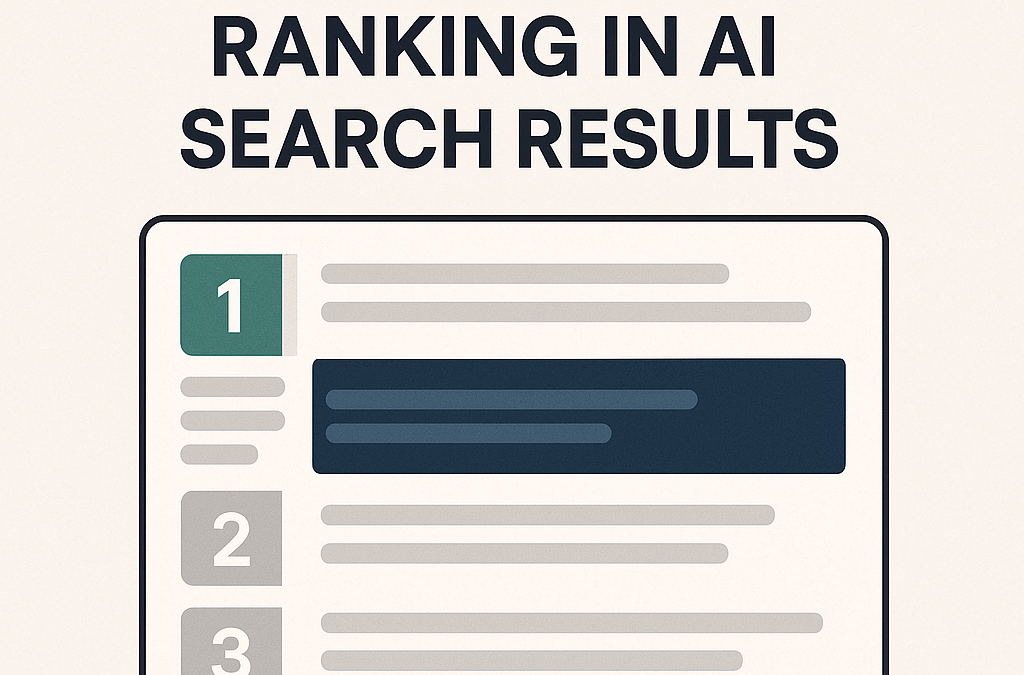Incorporating generative AI tools into business processes can enhance productivity, streamline tasks, and foster innovation. However, without a structured policy, these tools can expose a business to security, intellectual property, and ethical risks. Establishing a clear generative AI policy helps protect your business, employees, and clients.
Key Benefits of a Generative AI Policy
• Protects Confidential Information: A policy can outline rules against uploading sensitive or proprietary information to AI tools, which may lack robust data privacy safeguards.
• Reduces Legal Risks: Guidelines can help prevent unintentional sharing of private information, protecting your business from potential legal issues.
• Ensures Brand Consistency: By establishing approved AI usage practices, companies can maintain brand voice and quality, preventing unverified content from affecting public perception.
Examples of AI Policy Guidelines
1. Approved Tool List: Identify and list generative AI tools that are safe and compliant with company policies. This could include tools like ChatGPT or DALL-E 2 for specific functions.
2. Confidentiality: Restrict uploading confidential or personal information, such as client data or company passwords, to any AI tools. This minimizes exposure to data leaks or security breaches.
3. Accuracy Verification: Require employees to verify AI-generated content before using it. Generative AI tools are prone to “hallucinations” – providing plausible-sounding but inaccurate responses.
4. Intellectual Property: Remind employees to avoid sharing proprietary information in generative AI prompts. Intellectual property risks can arise if AI vendors retain rights to user-inputted content.
5. Disclosure: Require employees to disclose AI assistance in tasks, ensuring transparency in collaborative or client-facing work.
How an AI Policy Can Protect Your Business
• Security: Generative AI tools may store user interactions, so restricting sensitive data helps prevent unauthorized access or accidental public exposure.
• Compliance: An AI policy helps align company practices with data protection laws like GDPR or CCPA, reducing regulatory risk.
• Consistent Quality: By setting boundaries on AI use, companies can maintain high-quality standards in their outputs, reinforcing trust with clients and partners.
Violations and Consequences
To emphasize the policy’s importance, specify consequences for breaches. For instance, unauthorized data sharing or failure to verify information could lead to disciplinary actions, protecting your company from potential fallout.
Essential for Your Business
A well-crafted generative AI policy is essential in today’s technology-driven business environment. By establishing clear guidelines, businesses can leverage AI’s benefits while safeguarding against security, privacy, and quality risks.









